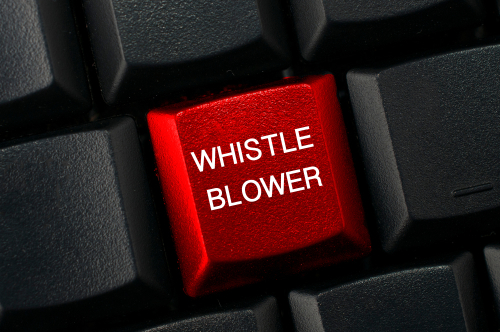OSHA recently announced it redesigned the website for its Whistleblower Protection Program which is found at https://www.whistleblowers.gov/
The website now includes a video that highlights the industries the program covers and provides essential information about the rights and responsibilities of employers and employees such as filing deadlines.
Section 11(c) of the Occupational Safety and Health Act is, perhaps, the most well-known retaliation statute that OSHA enforces. However, OSHA is responsible for the enforcement of over 20 other federal retaliation statues related to airline, commercial motor carrier, consumer project, environmental, financial reform, food safety, motor vehicle safety, healthcare reform, nuclear, pipeline, public transportation agency, railroad, maritime, and securities law.
Employers have seen a tremendous increase in all types of retaliation claims over the last decade and safety and health is no exception. Nor does it appear that this trend will be ending soon. In many cases, employers often win the underlying claim but have significantly more trouble defending against the retaliation claim arising from it. In addition, retaliation claims are almost always a priority of the agencies enforcing them and OSHA is no exception.
For these reasons, it is important that businesses have a strong anti-retaliation program in place. For safety and health purposes, OSHA states that such a program should include five key elements:
- management commitment;
- compliance concern response system;
- anti-retaliation response system;
- anti-retaliation training;
- program oversight.
Moreover, as discussed in previous blogs, retaliation can also affect issues such as mandatory drug testing and safety incentive bonuses which should be reviewed for OSHA compliance in this area.
